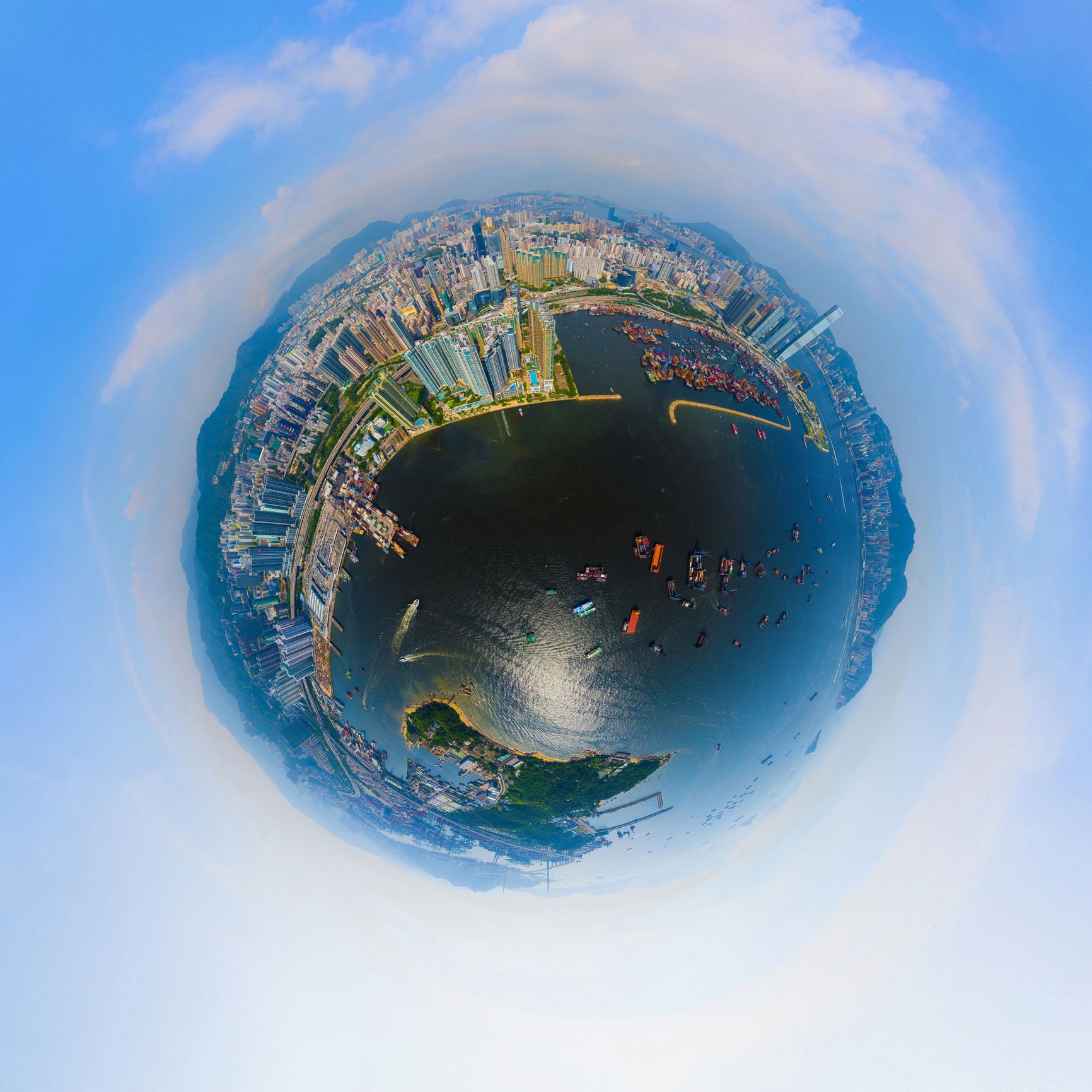
Sometimes I find it useful to consider the state of the world from a big picture, bird’s-eye perspective, especially when I’m 40,000 feet above the Earth’s surface, as I find myself now for the first time in nearly a year and a half.
With just two hours of sleep in the bag, I didn’t have the energy to try to take on an airport, then an airline, over the scientific senselessness of being forced to wear a piece of woven fiber across my face. So I am muzzled as I write this, and two hours in, it’s the longest I’ve worn a mask since an experimental oxygen saturation test showed my O2 saturation dropped 2 percent with a mask on.
The air quality in these aluminum cigar tubes is always pretty poor, yet I can feel my breathing is unpleasantly restricted and far from normal.
But millions of people seem to have gotten used to it. They even appear to like it and feel safer doing it. And they don’t question the science—they trust the new geo-political-economic order that has taken so many lives by failing to deliver the best treatments at the right time, crushed so many livelihoods by forcing business closures, denied a whole generation a proper education, and made so many feel hopeless for the future. This is a good time to reflect on this term ‘trust.’
One of the biggest drivers creating the split in society over these last few months appears to be the degree of trust—and its corollary, distrust—we have in the justifications we use to support our views.
Belief is also part of it, but our beliefs about what should and shouldn’t be done for human (and planetary) betterment in the face of this new viral pathogen are largely a function of how much trust we place in what we increasingly refer to as the “mainstream narrative.”
You either trust that the coronavirus-related policies, established by an ad hoc mission control comprised of select political and business leaders, have been in our best interest, or you don’t. If you trust them, you then create a belief system and consistent logic structure (which may include misinformation) that becomes the foundation of the reasoning you use to make the information you receive make sense to you.
And most of that information has come from the people you’ve learned to trust, especially because they’re uncensored. The sense of comfort you get from offering this trust is reinforced by the many out there who feel similarly, who trust the system and are happy to oblige.
The vehemence of these beliefs may even be compounded because the consequences of these policies have been so devastating. To believe something different may feel like being thrown into the abyss with a minority that you feel deeply disquieted by, especially now they’ve been indelibly marked as ‘conspiracy theorists.’
From this perspective, you have to make yourself believe, then, that things would have been much, much worse had all these coronavirus ‘measures’ not been taken. All very well, but we know there’s surprisingly little reliable data to support this viewpoint.
Those of us who sit on the other side are comforted not by the throngs of people who share our world view, but rather by a sense of knowing that comes from having intensively delved into the science, the data and the information we’ve discovered along the way, because we’ve not been satisfied to simply believe what we’re being told.
If lockdowns were the best way of escaping the virus, we’d by now have seen a clear trend that those countries which locked down hardest would have had the fewest problems, and vice versa. The data unfortunately don’t suggest this—they’re messy, and the degree of lockdown severity doesn’t correlate with outcomes like hospitalizations or deaths. In other words, there’s no association between lockdowns and the purported benefits.
When clinicians in critical care units worked to the best of their ability to find new ways of saving lives during the first wave, they had no option but to come together to support each other and share knowledge in groups like the Frontline Covid-19 Critical Care Alliance (FLCCC) (covid19criticalcare.com).
When they showed just how effective a natural product derivative from a soil bacterium, ivermectin, could be in various combinations with vitamins C and D, zinc and a few other nutrients, and sometimes with steroids and antibiotics, they were excommunicated from the scientific and medical community. The same for anyone else who has raised their head above the parapet, including our friends and strategic partners at the British Ivermectin Recommendation Development group (BIRD) (bird-group.org).
The silencing of contrary views has to be one of the biggest wake-up calls any of us could have had.
When they silenced Dr Robert Malone, who codeveloped mRNA vaccine technology, after he went public on the absence of sufficient scientific data to justify the vaccination of children, it should have been obvious to everyone that there was something deeply awry with the control system of our planet—unless you’d been a victim of it, paralyzed by fear or brainwashed by the cacophony of misinformation issued by mainstream news outlets.